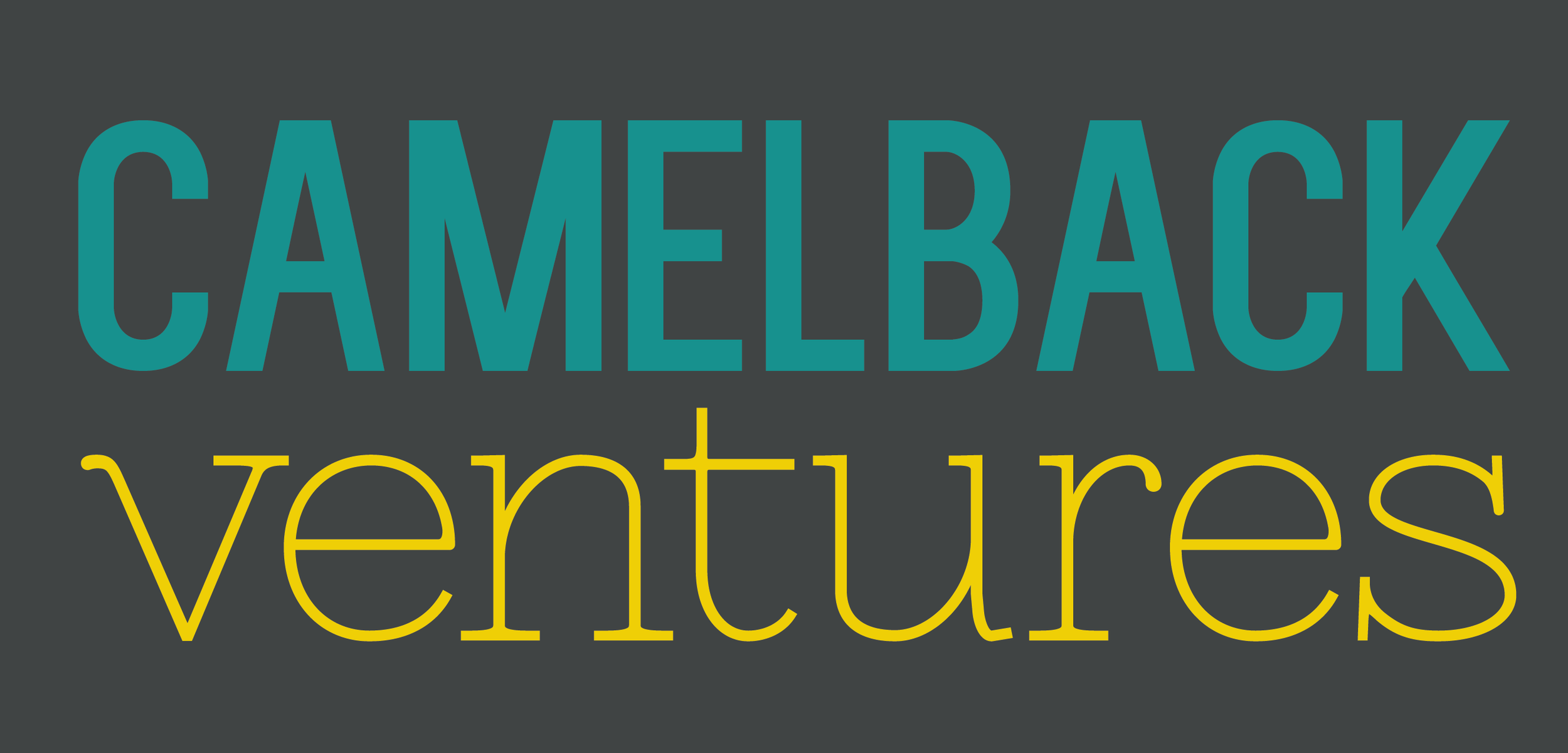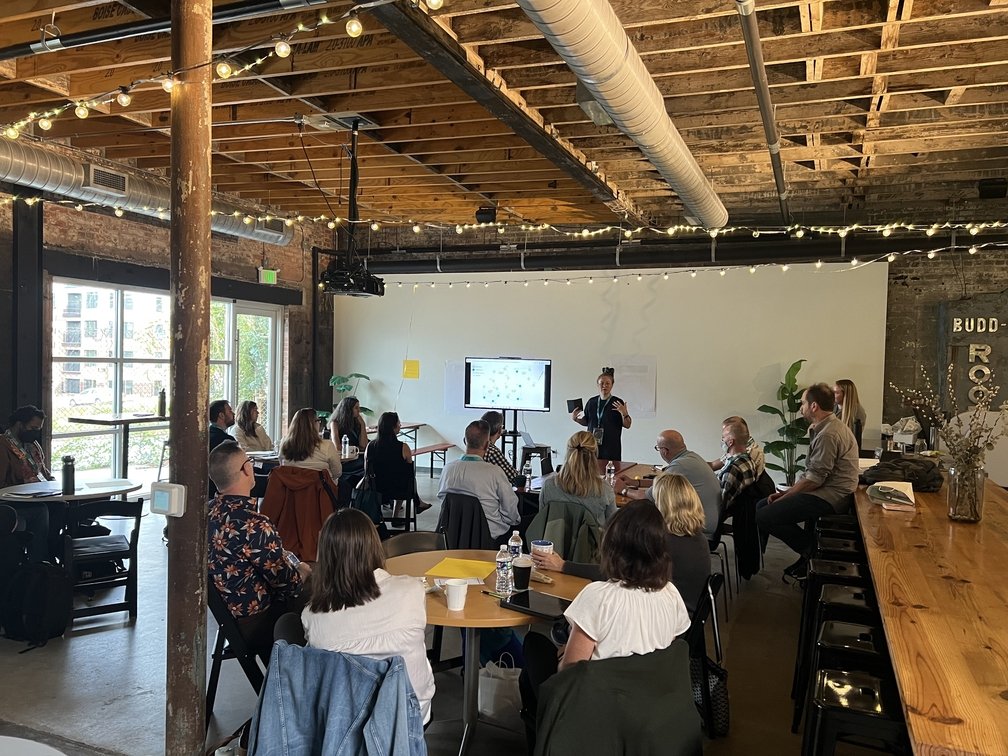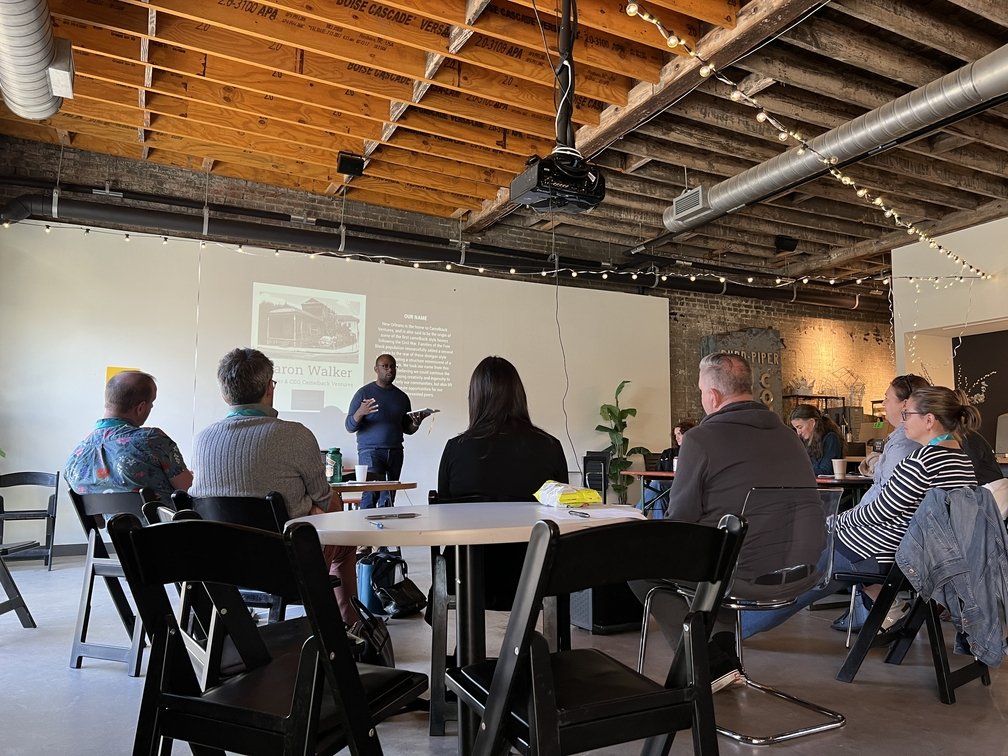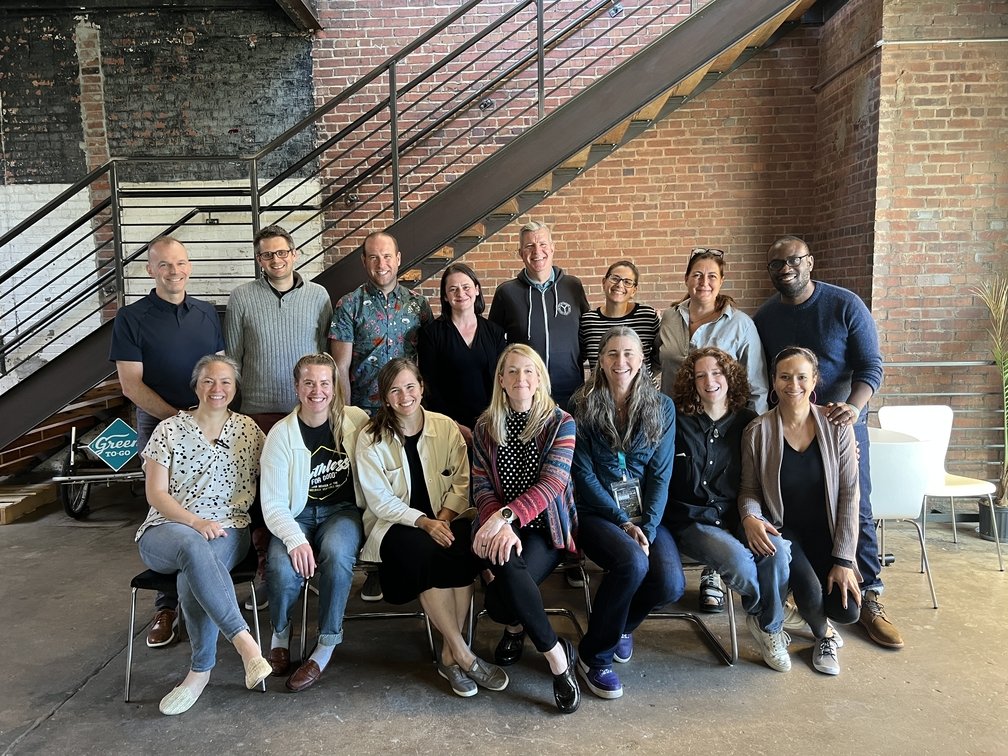Meet the Capital Collaborators: Heather Barberi + Grunin Foundation
What spurred you to apply for a racial equity/justice learning cohort?
Prior to joining Capital Collaborative, I had been doing work both personally and with the folks at the Grunin Foundation: reading books, taking training sessions (that lasted a few hours), having conversations at work and with peers. I felt like I was learning, unlearning, listening, and mostly grappling with things internally. We were making progress at the Foundation, but I wanted to go deeper to make more significant change personally, at work, and within the philanthropy sector. What drew me to this cohort was the depth of programming, duration, individual coaching, the specific focus on philanthropy, and that it was a White-identifying affinity learning cohort. After talking to the Camelback team, I knew it was something I wanted to join and I’m so glad I did.
What moment in the cohort will I remember years from now?
In one of our activities at Summit 1 in Durham, NC, we were listening to Will Jackson - founder of Village of Wisdom - and some of his experiences with philanthropy. He talked about no one ever being able to solve things the way that folks can who have proximity to the issues and relationships. I keep thinking about that vignette and Will’s words on repeat. In philanthropy, so often we fund organizations that parachute into communities to help solve problems with their programming. Going one step further, folks in philanthropy who are often far removed from issues try to solve the problems themselves. We need to be moving more dollars to community organizations that are closest to the issues. This completely flipped the script for me, and it’s something we’ll be actively working on in our upcoming strategic plan.
Capital Collaborative Summit 1 in Durham, NC
What advice do I have for White-identifying funders embarking on their own equity journeys?
This is a forever journey that’s necessary even though it will feel messy, hard, and uncomfortable - it’s a constant state of unlearning and learning.
We’ve been granted unearned privileges and power based on our race and roles in philanthropy that we must persistently recognize, challenge, and use in a way that ensures power is shifted and shared more equitably.
We must move out of our comfort zones and speak up and out – being mindful not to speak for others.
Always stay humble on the journey – listen intently, acknowledge and learn from mistakes, lean into hard conversations.
Find your co-conspirators. There are folks you can walk with on this journey, like at Capital Collaborative, moving collectively towards a more equitable future.
What are you planning to do to shift things?
In our own Foundation, we are embarking on a strategic planning process to not only interrogate our mission and giving priorities, but also to work on how we show up as a funder in the community. How do we build relationships and move capital to organizations most proximate to issues? How do we think deeply about our priorities and remove the “checkboxes” we’ve placed on our giving? How do we make decisions differently and cede dollars to those most deeply affected by systemic inequities? How do we bring other resources to the table? How do we show up authentically with humility and a collaborative spirit? How do we hold ourselves accountable?
In addition, we are partnering on a funder roundtable locally to have these conversations with peers. We will not only talk about operational shifts, but also the role that philanthropy plays in upholding inequitable systems. Putting the Capital Collaborative programming to work!
What do you think the philanthropic sector would look like if we centered equity and justice?
If philanthropy was centered on equity and justice it would look vastly different. This might include…
Spending less time theorizing, overthinking, and perfecting, and instead moving to action more quickly and allowing for (and encouraging) risk-taking and new ideas.
Being transparent about how the dollars that philanthropy is distributing are in fact derived from inequitable systems that have been built in this country – we would name it, call it out, and continuously work to dismantle those systems.
Trusting, listening, learning from, and building deep relationships with community members – those who are most proximate to issues, have relationships, are on the ground and involved in the work.
Creating more collective joy in the industry.
Supporting work with unrestricted, general operating funds with no strings attached.
Having board rooms and staff in the industry that are more reflective of communities.
Shifting and sharing power and removing the notion of gratitude and deference to funders.
And if we truly centered equity and justice…could it be that we might actually move our industry to extinction?
The Capital Collaborative by Camelback Ventures works with White funders and social impact investors who want to deepen their individual and organizational commitment to racial and gender equity in philanthropy — but may not know how. You can learn more about how to get involved by submitting an interest form for the Capital Collaborative’s next cohort or signing up for the newsletter.




